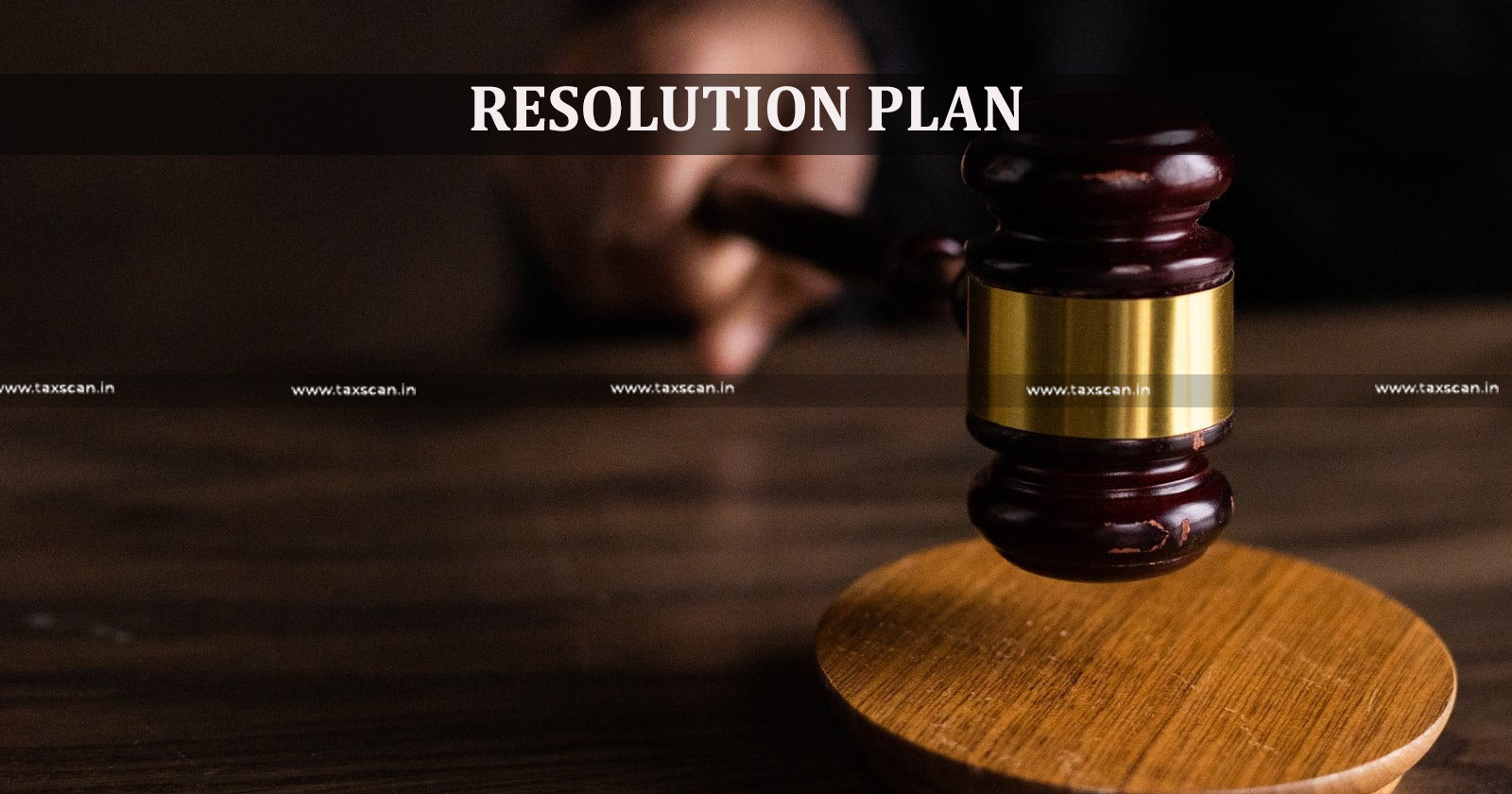Promoter Eligible to Submit Resolution Plan even if MSME Registration obtained Post Commencement of CIRP: SC [Read Judgement]

Resolution Plan – MSME Registration – CIRP – Supreme Court – Supreme Court on resolution plan – CIRP commencement – Promoter eligibility – taxscan
Resolution Plan – MSME Registration – CIRP – Supreme Court – Supreme Court on resolution plan – CIRP commencement – Promoter eligibility – taxscan
The Supreme Court in a recent ruling held that the promoter is eligible to submit resolution plan even if MSME registration obtained post commencement of CIRP.
Shree Aashraya Infra-Con Limited went into Corporate Insolvency Resolution Process (CIRP) under the Insolvency and Bankruptcy Code, 2016 [“the Code”] and the appellant was appointed as the Resolution Professional. The Resolution Professional presented a plan before the National Company Law Tribunal, Bengaluru as propounded by the promoters and approved by the Committee of Creditors [COC] but in terms of the order dated 28.02.2023, the application was dismissed on the ground that the promoters could not have presented the plan.
The rationale for excluding such industries from the eligibility criteria laid down in Section 29A(c) and 29A(h) is because qua such industries, other resolution applicants may not be forthcoming, which then will inevitably lead not to resolution, but to liquidation.
Under the heading “exemption of Micro, Small and Medium Enterprises from Section 29-A” the discussion begins. It is referred to the ILC report of March, 2018 and its finding that Micro, Small and Medium Enterprises form the foundation of the economy and are key drivers of employment, production, economic growth, entrepreneurship and financial inclusion.
The common submission thus, is that while interpreting Section 240A, the reason for carving out an exception in micro, small and medium industries is set out on the date of application for making the bid as the crucial date. The submission is that while for some other aspects the initiation of the CIRP proceedings would be the cut off date, the same would not apply in the case of Section 240A, in view of the statement by the Minister themselves while introducing the amendment Bill.
A Two-Judge Bench of Justice Sanjay Kishan Kaul and Justice Sudhanshu Dhulia observed that “Sub sections (c), (g) and (h) of Section 29A pertain to the ineligibility related to Promoter of CorporateDebtor. The Section 29A(c) disqualifies a person whose account has been classified as a nonperforming asset (NPA) and a year has lapsed from such classification till the CIRP date. Section29A(g) disqualifies a Promoter of a Corporate Debtor wherein preferential, undervalued, fraudulent orextortionate transactions had taken place and the NCLT has passed an order in that regard. Section29A(h) disqualifies a person who has executed a guarantee in favour of a creditor in respect of a of aCorporate Debtor, against which such creditor has filed insolvency proceedings and the same hasbeen admitted under IBC, and such guarantee has been invoked by the creditor and remains unpaid infull or part.”
“In the case at hand, there are no bank dues/outstanding which would at allinvite a concept of NPA much less the period of one year. Further, only one preferential transactionwas identified by the Resolution Professional but NCLT has not passed any order in that regard.Lastly, Section 29A(h) has no factual application in the given scenario. It was concluded that in termsof Section 29A, the Promoter of the Corporate Debtor was not disqualified per say to dis-entitle himfrom presenting the plan” the Court noted.
To Read the full text of the Order CLICK HERE
Support our journalism by subscribing to Taxscanpremium. Follow us on Telegram for quick updates


